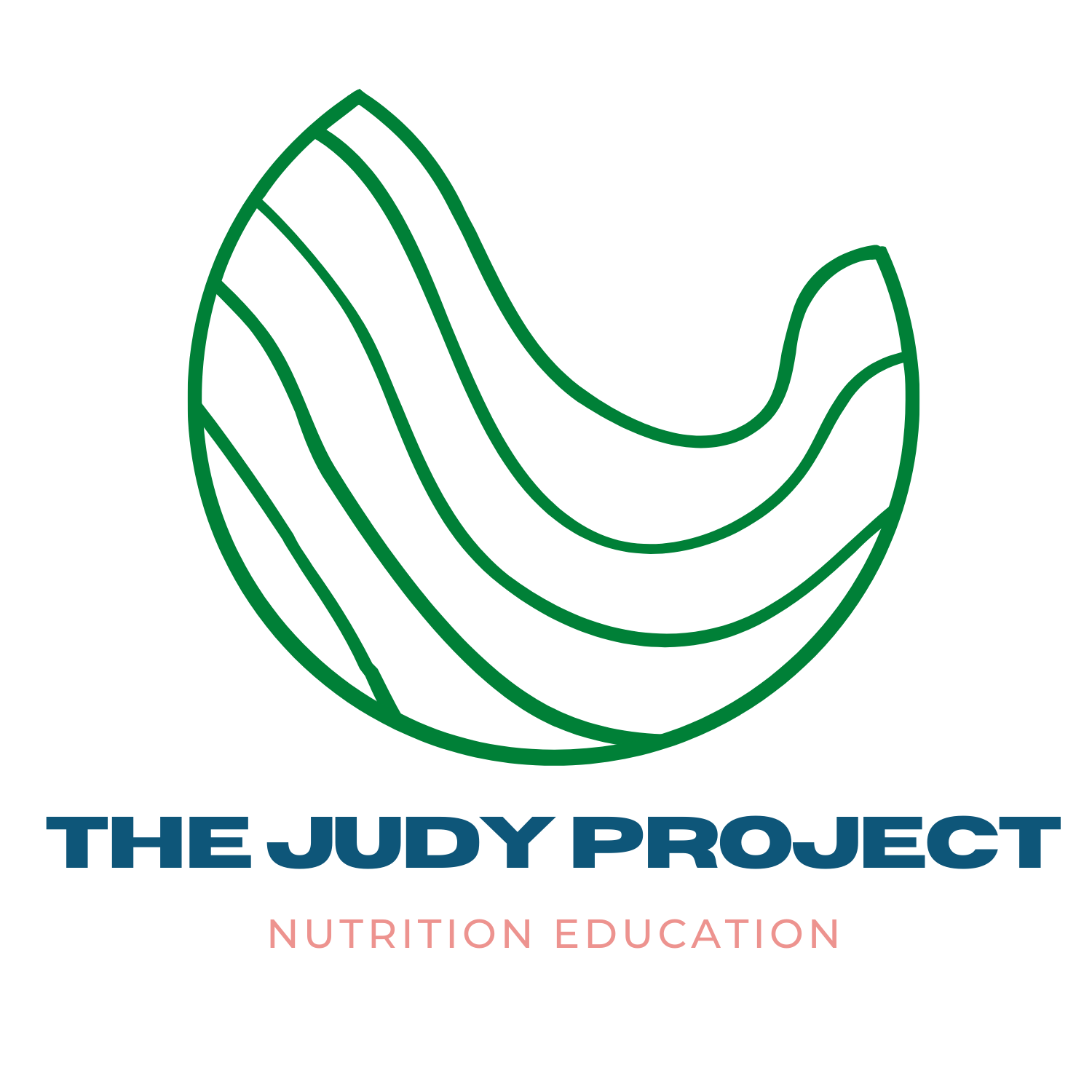A Registered Dietitian’s Guide to Nutrient Deficiencies in Ozempic and Other Weight Loss Medication Users
If you're taking weight loss medications like Ozempic (semaglutide) to reduce your risk of obesity-related diseases like type 2 diabetes and heart disease, it's important to understand that what you eat still matters—a lot. As a registered dietitian, I work with young and middle-aged adults to reduce chronic disease risk through strategic, sustainable nutrition. Today, let’s explore how your nutrient needs change on medications like semaglutide, and what that means for your diet.
Diet Quality Still Matters—Even on Ozempic
Weight loss medications like Ozempic are incredibly effective at reducing calorie intake, but less food often means fewer nutrients. While these medications help with appetite suppression and calorie reduction, they don’t ensure that you're meeting your body’s nutritional needs. That’s where diet quality comes in.
Diet quality refers to how diverse, balanced, and nutrient-rich your intake is. You might be losing weight, but if your meals are missing essential vitamins and minerals, you're still at risk for health problems—just different ones.
Common Side Effects That Impact Food Choices
Many users of GLP-1 receptor agonists like semaglutide experience side effects such as:
Nausea
Vomiting
Diarrhea
Constipation
These symptoms often lead to reduced food intake and specific food aversions. High-fat and high-sugar foods may worsen nausea, while protein-rich foods tend to alleviate it. There’s also anecdotal evidence of “Ozempic tongue,” where users become hypersensitive to tastes like salt, sugar, and bitterness—further altering food preferences.
Why Nutrient Deficiencies Are a Concern
Most Americans already fall short on key nutrients. According to Healthy Eating Index data, young to middle-aged adults score around 56–59 out of 100 on overall diet quality. Individuals with obesity score even lower.
This matters because semaglutide users are not only eating fewer calories, but they often begin their weight loss journey already deficient in several essential nutrients. Without intentional dietary planning, the risk for nutritional deficiencies increases significantly.
What We Know About the Semaglutide Diet So Far
As of June 2025, only one published study has assessed the typical nutrient intake of semaglutide users. The findings offer critical insight into how these patients eat—and where they may be falling short.
Protein
Recommended: 0.8–2.2 grams/kg body weight; or 60–80 grams/day for bariatric patients.
Actual intake: ~77 grams/day (18.5% of total calories).
Why it matters: Protein preserves muscle mass during weight loss and helps manage nausea.
Carbohydrates
Recommended: 130–275 grams/day; 45–65% of total calories.
Actual intake: ~184 grams/day (41.5% of total calories).
Concern: May be adequate for energy but potentially low in fiber.
Fiber
Recommended: 14g per 1,000 calories (~28–35g/day for most adults).
Actual intake: ~14g/day.
Implication: Might meet ratios at low calorie intakes but may not support long-term gut or heart health.
Fats
Recommended: 20–35% of calories; ~78 grams/day.
Actual intake: ~40% of calories; 78 grams/day.
Consideration: Intake may exceed bariatric-style recommendations and could impact nutrient absorption or risk for gallstones.
Micronutrient Deficiencies in Semaglutide Users
The same study revealed striking rates of deficiencies among semaglutide users:
Vitamin D & K: 99% deficient
Choline: 94% deficient
Magnesium: 90% deficient
Iron: 88% deficient
Calcium, Vitamin A, C, B12, and Folate: Also frequently inadequate
These deficiencies can increase the risk of:
Osteoporosis (low vitamin D, calcium)
Anemia (low iron, B12, folate)
Cardiovascular disease (low fiber, magnesium)
Fatigue, poor immunity, and even hair loss (vitamin C, choline)
Why Working With a Registered Dietitian Is Essential
These nutrient gaps are not trivial. While semaglutide and other weight loss medications dramatically lower calorie intake and support weight loss, they also require smarter food choices to prevent new health problems from nutrient deficiencies.
As a registered dietitian, I strongly recommend that anyone taking Ozempic or similar medications work closely with a professional to ensure both diet quality and quantity are appropriate for your health goals.
What’s Next: Foods to Eat While on Ozempic
In my next post, I’ll go beyond nutrients and break down specific foods to eat while on Ozempic that can help you meet these nutrient needs without triggering side effects. Think: easy, high-protein meals, gut-friendly fiber sources, and nutrient-dense snacks that support the semaglutide diet.
Be sure to subscribe to stay updated—I’m here to help you use food as a tool, not just for weight loss, but for long-term, vibrant health.
